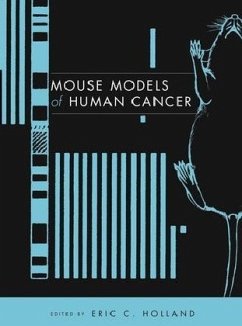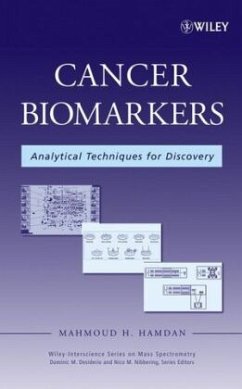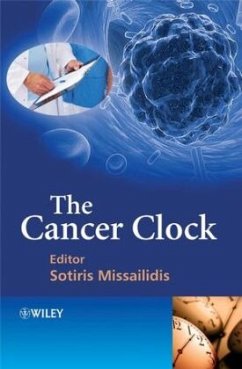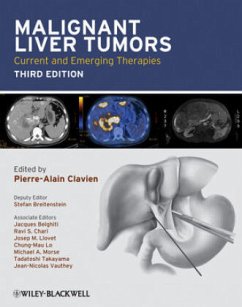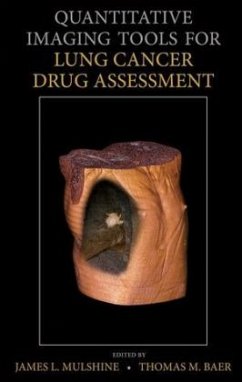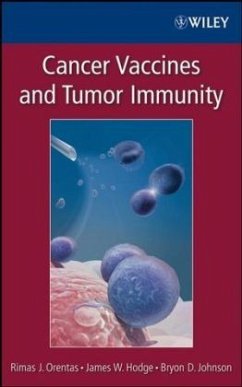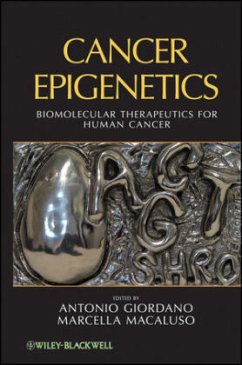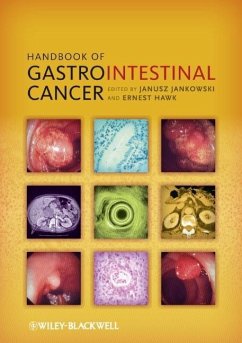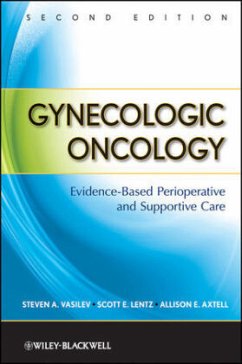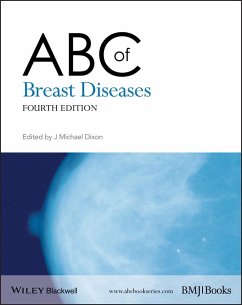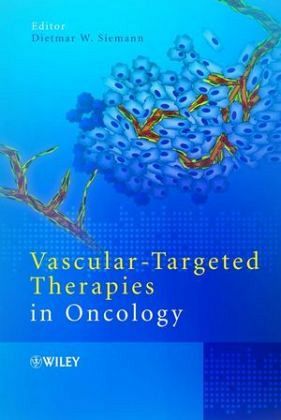
Vascular-Targeted Therapies in Oncology
Versandkostenfrei!
Versandfertig in über 4 Wochen
190,99 €
inkl. MwSt.

PAYBACK Punkte
95 °P sammeln!
Attacking a tumor's supportive blood vessel network may offer novel means of improving cancer cure rates. The vasculature is critical to tumor development, survival, growth and metastatic spread. However, tumor blood vessels are abnormal, both morphologically and functionally, and display characteristics that distinguish them from normal vasculature. It is these inherent differences between blood vessels associated with tumors and those associated with normal tissues that provide a variety of unique targets for the design of novel therapeutics and treatment strategies highly selective for the ...
Attacking a tumor's supportive blood vessel network may offer novel means of improving cancer cure rates. The vasculature is critical to tumor development, survival, growth and metastatic spread. However, tumor blood vessels are abnormal, both morphologically and functionally, and display characteristics that distinguish them from normal vasculature. It is these inherent differences between blood vessels associated with tumors and those associated with normal tissues that provide a variety of unique targets for the design of novel therapeutics and treatment strategies highly selective for the cancer.
Vascular-disrupting strategies aim to cause a rapid and catastrophic shutdown in the established vessel networks of solid tumors. This arrests the blood flow and induces tumor cell death as a result of oxygen and nutrient deprivation and build up of waste products. Biological vascular-disrupting approaches include targeted gene therapy, antibodies to neovascular antigens and ligand-directed therapies targeting endothelial cell receptors and extracellular matrix proteins. Small molecule drug approaches have focused primarily on flavenoids and tubulin-binding agents. This book examines the fundamental bases of both these approaches. Emphasis is placed on target development, preclinical assessment, use in combination with conventional treatment regimens and the current clinical status of these therapies.
This book is intended for cancer researchers and clinical oncologists. Its goal is to review the potential of vascular-targeting strategies in cancer management and to foster an understanding of the key differences between these therapeutic approaches and conventional anticancer treatments. Though more research is required to establish the clinical efficacy and ideal application of vascular-disrupting strategies, this developing anticancer approach continues to generate great research interest and clinical optimism.
Vascular-disrupting strategies aim to cause a rapid and catastrophic shutdown in the established vessel networks of solid tumors. This arrests the blood flow and induces tumor cell death as a result of oxygen and nutrient deprivation and build up of waste products. Biological vascular-disrupting approaches include targeted gene therapy, antibodies to neovascular antigens and ligand-directed therapies targeting endothelial cell receptors and extracellular matrix proteins. Small molecule drug approaches have focused primarily on flavenoids and tubulin-binding agents. This book examines the fundamental bases of both these approaches. Emphasis is placed on target development, preclinical assessment, use in combination with conventional treatment regimens and the current clinical status of these therapies.
This book is intended for cancer researchers and clinical oncologists. Its goal is to review the potential of vascular-targeting strategies in cancer management and to foster an understanding of the key differences between these therapeutic approaches and conventional anticancer treatments. Though more research is required to establish the clinical efficacy and ideal application of vascular-disrupting strategies, this developing anticancer approach continues to generate great research interest and clinical optimism.



